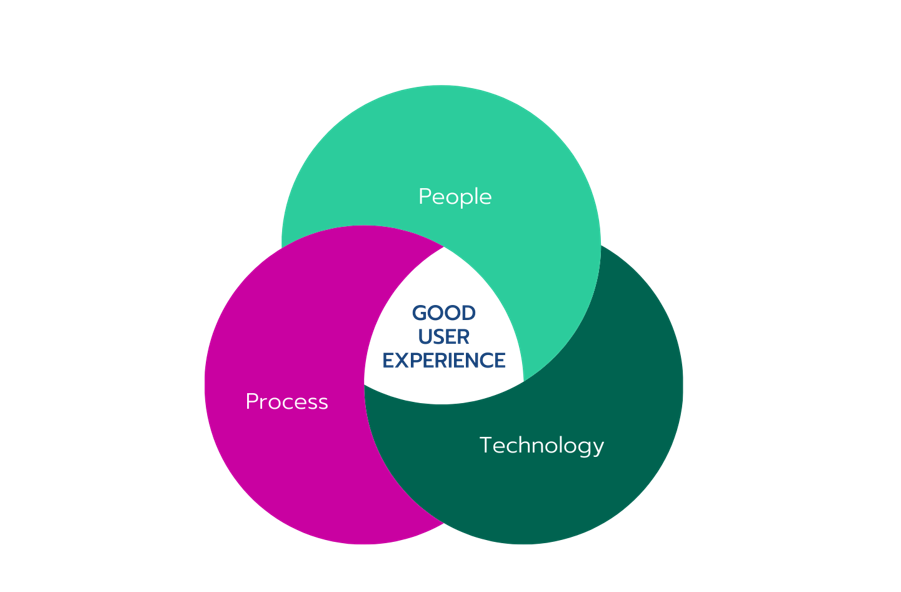Why Experienced Data Migration Consultants Are the Key to Successful SAP Data Migration Projects?
In today's fast-paced digital landscape, enterprise resource planning (ERP) systems, such as SAP, are crucial for streamlining operations and enabling data-driven decision-making. However, one of the most underestimated and misunderstood aspects of SAP implementation is data migration.
Too often, data migration is treated as a last-minute technical task rather than a strategic pillar of the project. The result? Delays, budget overruns, and poor data quality hamper adoption and business performance. This is where experienced data migration consultants come in. Their role isn't just about moving data—it's about ensuring the data is clean, usable, validated, and supports the business from day one.
At Kagool, we've led and rescued numerous SAP programmes across the globe, and we know what makes data migration succeed. It starts with recognising data migration as a core strategic capability.
What Is Data Migration in SAP?
Data migration is the process of transferring data from legacy systems to the new SAP environment. It involves extracting data from legacy systems, cleaning, enriching, and transforming the data, loading it into the new SAP system, and validating and reconciling it to ensure integrity and completeness. While this may sound straightforward, it is anything but. Without proper planning, expertise, and ownership, data migration becomes the Achilles heel of SAP projects.
Data Migration Lifecycle Chart

Why Experience Matters
Data migration isn't just about scripts and templates. It requires people who understand end-to-end migration workflows, can translate business requirements into technical specifications, know how to validate data quality, structure, and dependencies, and can proactively troubleshoot issues and escalate when needed.
The first people to spot system configuration issues are often the data migration consultants. At Kagool, our experienced consultants know how to identify red flags, such as missing SAP transports and configurations, or inconsistent source data—before they derail the project.
Defining Ownership: Who Owns the Data?
One of the most significant grey areas in large-scale SAP implementations is data ownership. Is it IT? The business? The functional teams? When you assign a dedicated data migration consultant or team, such as those from Kagool, they take full ownership of specific data objects, coordinate with stakeholders across business, IT, and SAP teams, and ensure that accountabilities are clear and tasks don't fall through the cracks. Without that ownership, things get missed, quality drops and the business is left scrambling.
Collaboration Across Teams
Experienced migration consultants act as the connective tissue between various parts of your programme: business users, SAP functional consultants, programme management, and ABAP and IT infrastructure teams. At Kagool, our consultants are not only translators between business and tech but often act as trainers, helping business users understand how their data fits into the SAP system. During an SAP project in Vietnam, for instance, our data consultants became informal trainers by walking business users through data workflows well before formal training began enabling the business users to become more familiar with the SAP product
A Broader Skill Set
Great migration consultants bring more than data expertise. They offer analytical thinking to identify data anomalies, root cause analysis to fix recurring problems, and process insight to detect upstream inefficiencies. At Kagool, we don't just raise issues—we offer solutions and help elevate the overall data quality within the organisation.
Process, People, and Technology: A Balanced Trio
Here's a key mantra we use at Kagool: "Technology moves the data. Process enables the movement. But people ensure the right data, in the right format, at the right quality." You can have the best tools and best-laid plans. However, without experienced personnel, your project risks falling short of its return on investment (ROI).




